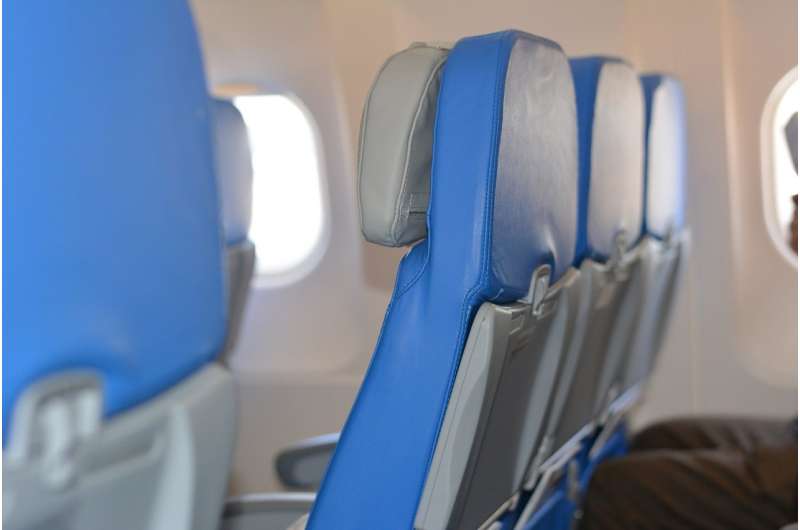How departure times impact airline competition and the role aviation authorities play

New research from the UBC Sauder School of Business is the first to explore how airlines compete using departure times, and reveals the impact that 'departure time competition' has on consumers' bottom line.
- Essentially, three main factors affect a consumer's choice of airline ticket: price, time of flight and airport location. Exploring these factors, the study found:
- Carriers based at smaller, less central airports are at a disadvantage location-wise, so they compete through ticket price and by offering flights at specific times.
- Airports charge different fees based on the time of departure. Rather than going head-to-head with the major airlines, which often schedule similar departure times to coincide with the largest consumer demand, low-cost carriers stagger their departure times and can offer lower prices at less popular times.
- This, combined with lower operational costs at more far-flung airports, helps smaller airlines compete and crucially, it keeps fares low for consumers.
"Prior to this study, it wasn't fully understood how airlines competed through departure time in multi-airport regions, even though multi-airport systems will play a major role in the future development of air traffic worldwide," explains study co-author Laingo Randrianarisoa, a post-doctoral research fellow at the UBC Sauder School of Business. "Low-cost carriers can exploit their lower operating costs and use departure time variation to compete more strategically with full-service carriers at large airports, which will help counter their location disadvantage."
By offering a greater variety of travel times for consumers, this type of airline competition can not only save people time in their busy schedules and but also money.
"The cost of time is important to consumers, and the value of time is at the heart of transportation economics," Randrianarisoa adds.
"Aviation authorities, which are non-profit by nature, can use carriers' departure times as a policy instrument to improve social welfare. Providing incentives to carriers to provide more variety in departure times will not only save consumer's time and money, but will also help smaller carriers compete more effectively with larger rivals."
There are other benefits to companies for those staggered times, too: low-cost carriers regularly offer early-morning departures, which means they can fit more flights in a day or allow flight crews to return home the same day—which leads to higher profits and lower costs.
The study, "When Hotelling meets Vickrey: Service timing and spatial asymmetry in the airline industry," was recently published in the Journal of Urban Economics and will appear in the May print edition.
Provided by University of British Columbia


















